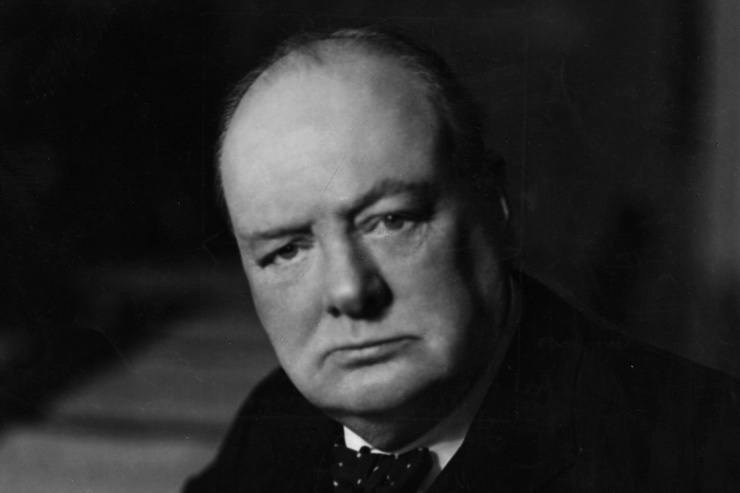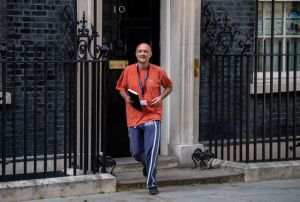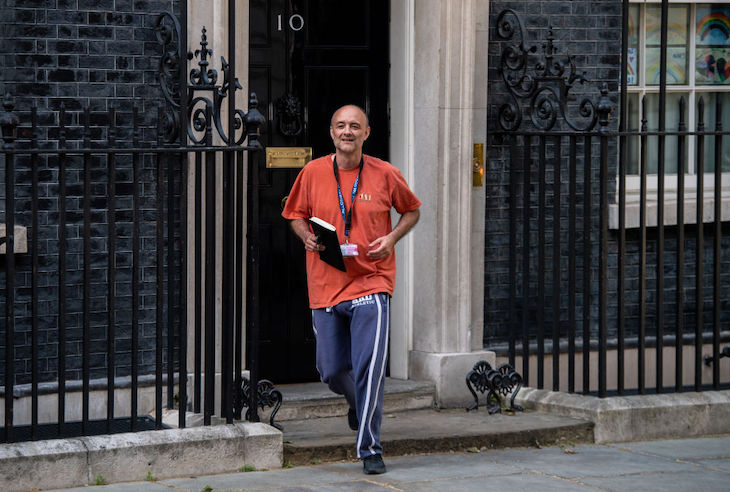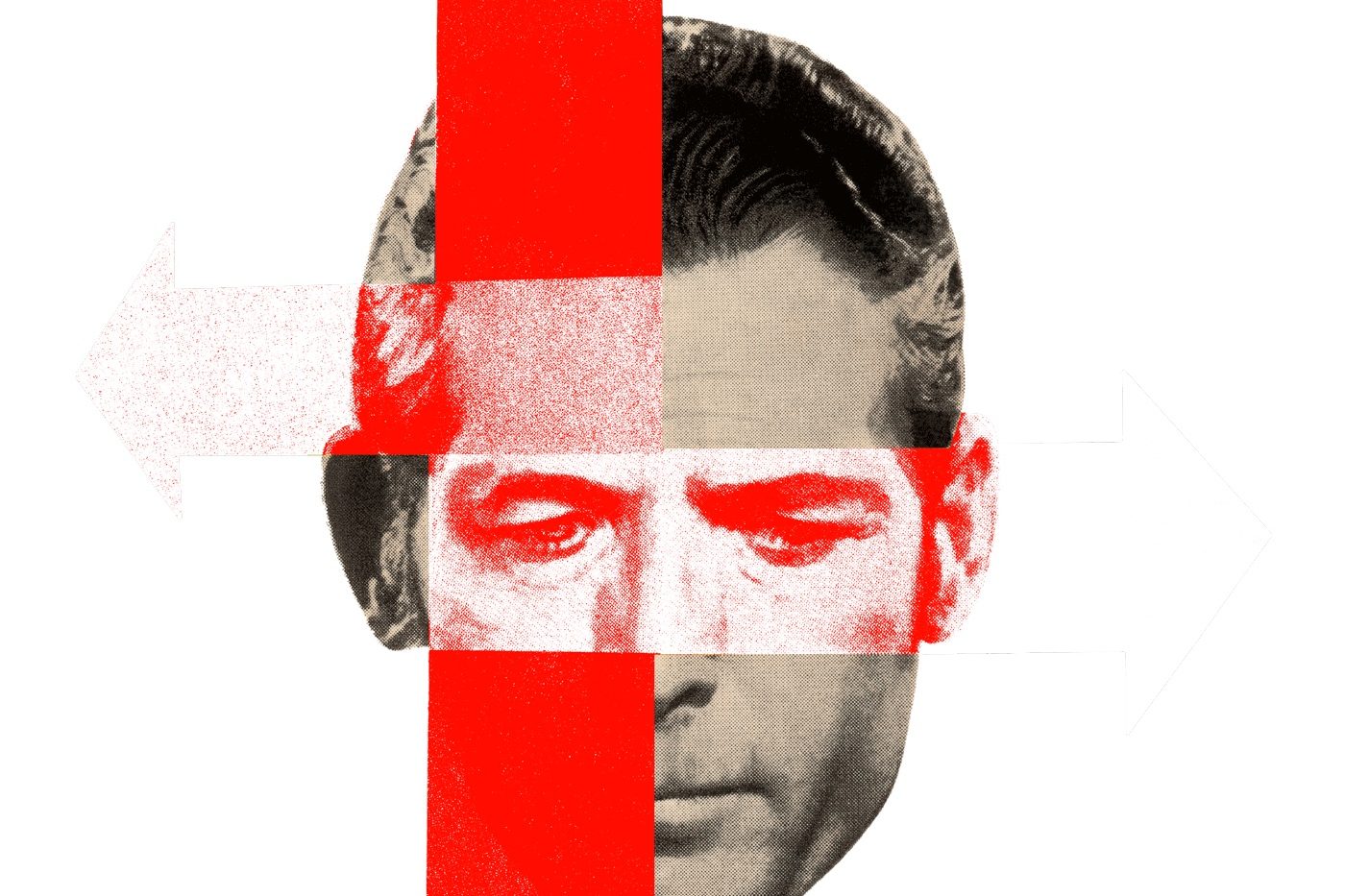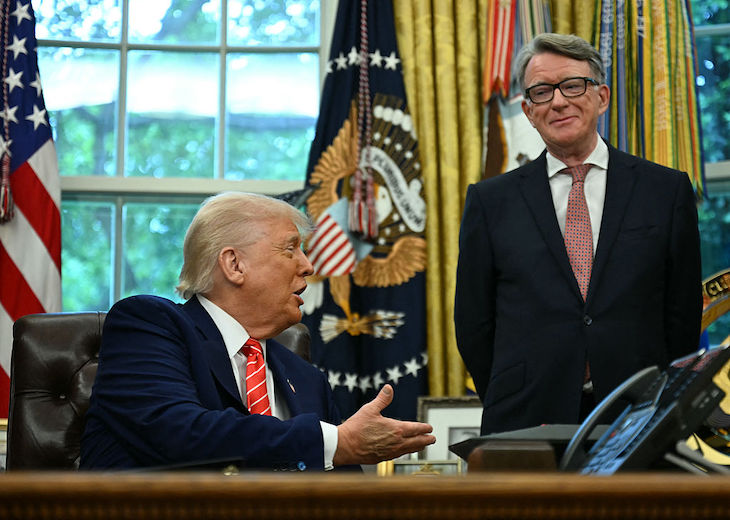Dr Felix Klos is an extremely personable, highly intelligent American-Dutch historian who has undertaken much archival research, worked extremely hard and is an excellent writer. In trying to persuade us that Churchill favoured Britain joining a federal Europe, however, he comes up against several immovable obstacles.
The most serious of these is that in the four years that Churchill was prime minister, between 1951 and 1955, he personally, regularly and decisively blocked all movement towards Britain joining any of the European federal institutions that existed. However engaging Klos may be, and however well written his book, he is utterly wrong in his central thesis.
At the time of the European Union referendum last year, Klos brought out a pamphlet that stated:
I am in no doubt that Churchill wanted an ever closer union of European states. More than that, I argue, he wanted Britain to play a leading part. Churchill came to the conclusion that Britain’s future lay ‘in’ Europe.
Fortunately, Klos is too conscientious a historian not to give enough evidence in this book to prove the precise opposite.
He takes the reader through Churchill’s long engagement with the European movement, correctly highlighting how, ever since 1930, Churchill had supported the process of binding France and Germany together so that they could not fight one another, while also thwarting Soviet communism. Klos rightly quotes extensively from Churchill’s great speeches of the late 1940s, delivered in Zurich, The Hague and Strasbourg, promoting the cause of European unity with ringing phrases such as ‘We must build a kind of United States of Europe’ and ‘Let Europe arise!’



